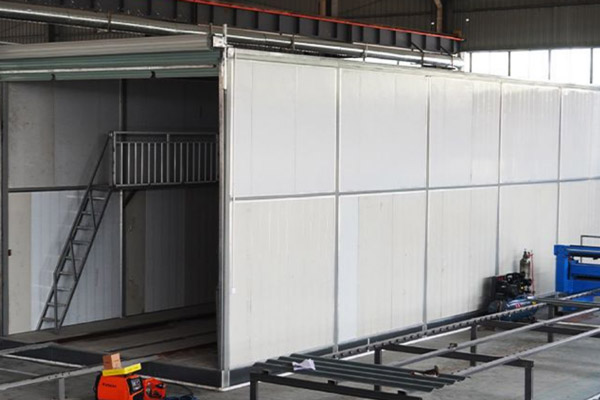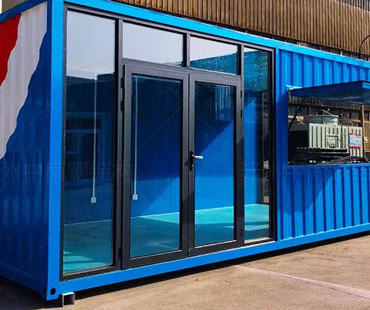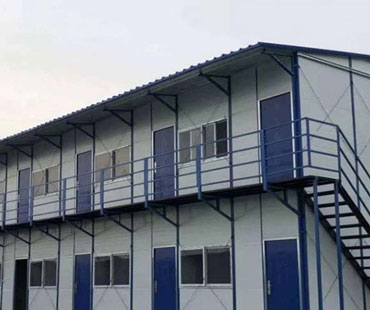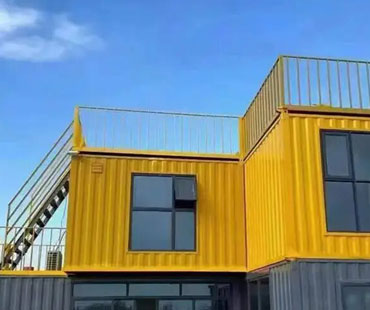The transportation of perishable goods, such as fruits, vegetables, dairy products, and pharmaceuticals, is a critical component of the global supply chain. As demand for fresh and high-quality products continues to rise, innovations in refrigerated container technology have become essential to ensure the safe and efficient transportation of these goods.
1. Enhanced Insulation Materials
One of the most significant innovations in refrigerated container technology is the development of advanced insulation materials. Traditional insulation methods are being replaced with high-performance materials that offer superior thermal resistance. These new materials not only reduce energy consumption by minimizing heat transfer but also help maintain a stable temperature inside the container for extended periods. Aerogel, for example, is a lightweight and highly effective insulator that allows for thinner walls while providing exceptional thermal protection. This innovation results in lighter containers, improved fuel efficiency, and lower transportation costs.
2. Smart Temperature Monitoring Systems
The integration of Internet of Things (IoT) technology in refrigerated containers has revolutionized temperature monitoring. Smart sensors can now continuously track the internal temperature and humidity levels, transmitting real-time data to logistics managers through cloud-based platforms. This innovation allows for proactive management of temperature fluctuations, alerting operators to any deviations that could jeopardize the integrity of the cargo. As a result, companies can respond quickly to potential issues, ensuring that perishable goods remain within safe temperature ranges throughout the entire transit process.
3. Advanced Refrigeration Systems
Modern refrigerated containers are equipped with advanced refrigeration systems that offer better temperature control and energy efficiency. For instance, variable speed compressors adjust their output based on the thermal load within the container, providing precise cooling without overworking the system. Additionally, some containers utilize eco-friendly refrigerants that have a lower environmental impact than traditional refrigerants. These advancements help reduce operational costs and minimize the carbon footprint associated with transporting perishable goods.

4. Modular Container Design
The trend toward modular container design provides enhanced flexibility in transporting perishable goods. Modular refrigerated containers can be easily customized to accommodate various cargo types and sizes. This design allows shippers to combine different temperature zones within a single container, enabling the simultaneous transportation of items with varying refrigeration requirements. For example, one section of the container can be set to a specific temperature for delicate fruits, while another section maintains a different temperature for frozen goods. This versatility not only maximizes the efficiency of the shipping process but also reduces the need for multiple containers.
5. Improved Energy Efficiency and Sustainability
As sustainability becomes a critical concern for the global supply chain, innovations in refrigerated container technology are increasingly focused on energy efficiency and minimizing environmental impact. Many modern containers are designed to operate with renewable energy sources, such as solar panels, which can supplement the refrigeration system during transit. Additionally, energy-efficient designs help reduce fuel consumption during transportation, leading to lower greenhouse gas emissions. By adopting these sustainable practices, the logistics industry can contribute to a greener future while maintaining the integrity of perishable goods.
6. Enhanced Security Features
Security is paramount when transporting high-value perishable goods. Innovations in refrigerated container technology include advanced locking mechanisms, GPS tracking, and tamper-proof seals. These features provide increased security against theft and tampering, ensuring that cargo arrives at its destination safely and intact. With GPS tracking, logistics managers can monitor the location of the container in real-time, allowing for better route planning and timely deliveries.
Innovations in refrigerated container technology are transforming the way perishable goods are transported across the globe. From advanced insulation materials and smart monitoring systems to energy-efficient refrigeration and modular designs, these advancements are enhancing the safety, efficiency, and sustainability of the cold chain. As consumer demand for fresh and high-quality products continues to grow, the logistics industry must embrace these technological advancements to meet the challenges of transporting perishable goods effectively. With ongoing research and development, the future of refrigerated container technology promises even greater innovations, ensuring that perishable items remain safe and secure throughout their journey from farm to table.


